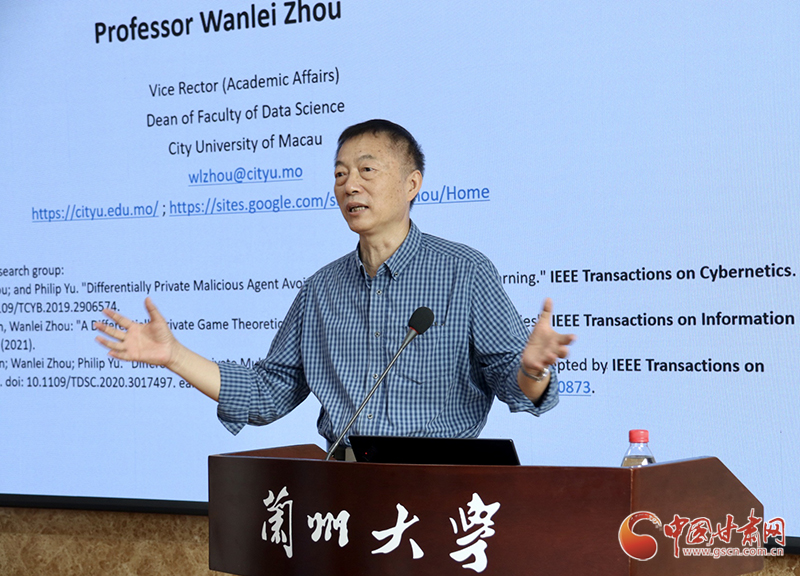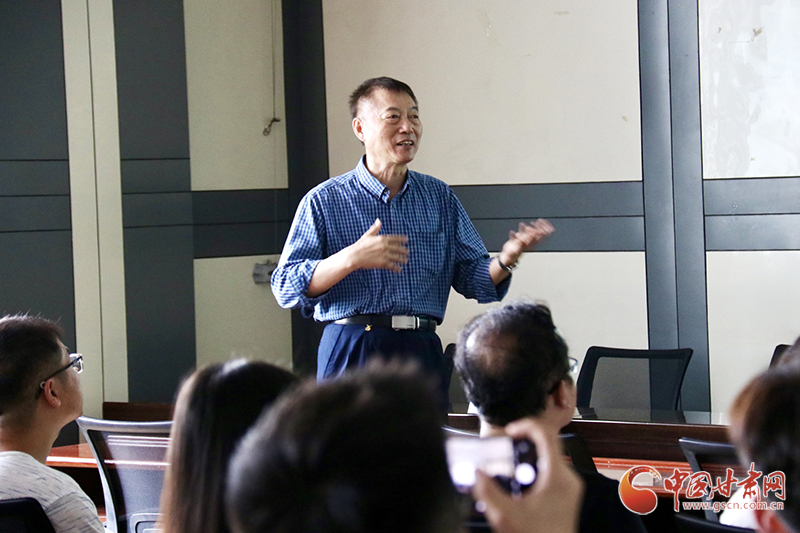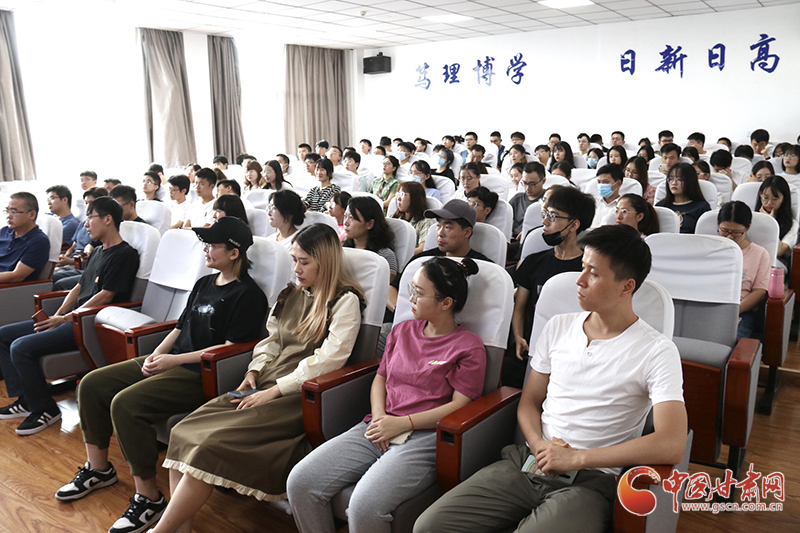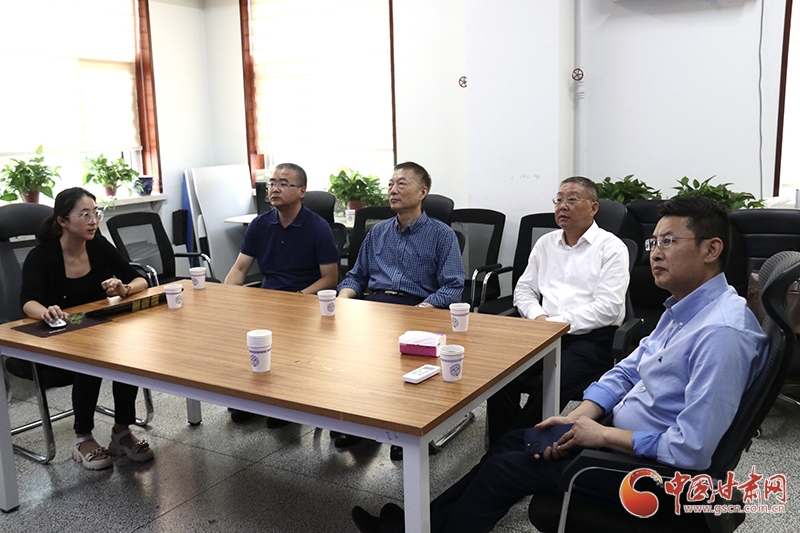This news is reproduced from China Gansu Net on September 15th. Reporter Li Hongjun
On September 13, Professor Wanlei Zhou, Vice President of City University of Macau and Dean of the Faculty of Data Science, was invited to Lanzhou University and Lanzhou Jiaotong University to carry out academic exchange activities and discuss and exchange with young students from the two universities. Zongli Liu, vice director of the Provincial Party Committee’s Cyberspace Affairs Office, attended relevant activities.

Professor Wanlei Zhou gave an academic report at the Faculty of Information Science and Engineering, Lanzhou University
At the Faculty of Information Science and Engineering of Lanzhou University, Professor Wanlei Zhou gave an academic report titled "How to Deal with Malicious Agents in Multi-Agent Systems". The report provides a profound explanation of the serious security and privacy issues caused by the widespread application of multi-agent systems and proposes solutions: ensuring that application systems can still operate normally in the presence of these malicious agents. Wanlei Zhou said that focusing on the security and privacy protection of multi-agent systems aims to overcome security and privacy issues in two situations: dealing with the situation where malicious agents provide false information and privacy protection in multi-agent planning. In these two situations in all cases, our goal is to use differential privacy techniques to avoid and reduce the impact of malicious agents on application systems, rather than to identify and eliminate them.

Professor Wanlei Zhou gave an academic report at the Faculty of Electronics and Information Engineering, Lanzhou Jiaotong University
At the Faculty of Electronics and Information Engineering of Lanzhou Jiaotong University, Professor Wanlei Zhou gave an academic report entitled "Case Study on Dealing with Advanced Persistent Threats". The report discusses the background of Advanced Persistent Threats (APT), attack life cycle, and case studies on responding to APT attacks. Wanlei Zhou said that APT is a type of cyber threat that uses various intelligence collection techniques to penetrate the entire network and obtain sensitive information. It accesses computer networks without authorization and attempts to remain undetected for a long period of time. Discover. The APT attack life cycle can be divided into five stages: reconnaissance, establishing a foothold, lateral movement, leakage and post-leakage. In order to mitigate the impact of APT on various organizations, defensive measures should be taken at all stages of the APT attack life cycle, and the damaged system parts of the organization must be isolated and restored in a timely and effective manner, ultimately reducing the impact of APT on governments, companies, and Organizational threats and impacts.

Academic report meeting site
During the academic exchange period, Professor Wanlei Zhou conducted on-site discussions and exchanges with young students from Lanzhou University and Lanzhou Jiaotong University, and patiently answered the students' questions.

Professor Wanlei Zhou listened to a briefing at the Key Laboratory of Tourism Information Integration Processing and Data Ownership Protection of the Ministry of Culture and Tourism of Lanzhou University
On the same day, Professor Wanlei Zhou also visited the Key Laboratory of Tourism Information Integration Processing and Data Ownership Protection of the Ministry of Culture and Tourism at Lanzhou University to visit and exchange information and listen to relevant introductions. It is reported that the laboratory was recommended by the Gansu Provincial Department of Culture and Tourism and applied by Lanzhou University. It is the third batch of key laboratories recognized by the Ministry of Culture and Tourism in May 2021, and is also the first key experiment in Gansu Province to be recognized by the Ministry of Culture and Tourism. room. The laboratory is mainly committed to promoting the development of culture and tourism technology, exploring the in-depth application of artificial intelligence, cloud computing, machine learning, data ownership and personal privacy protection technologies in smart tourism, and creating a new growth pole for smart tourism management, services and operations. , forming a cultural tourism digital intellectual property protection system to provide scientific and technological support for the high-quality development of culture and tourism in the province and even the country.

